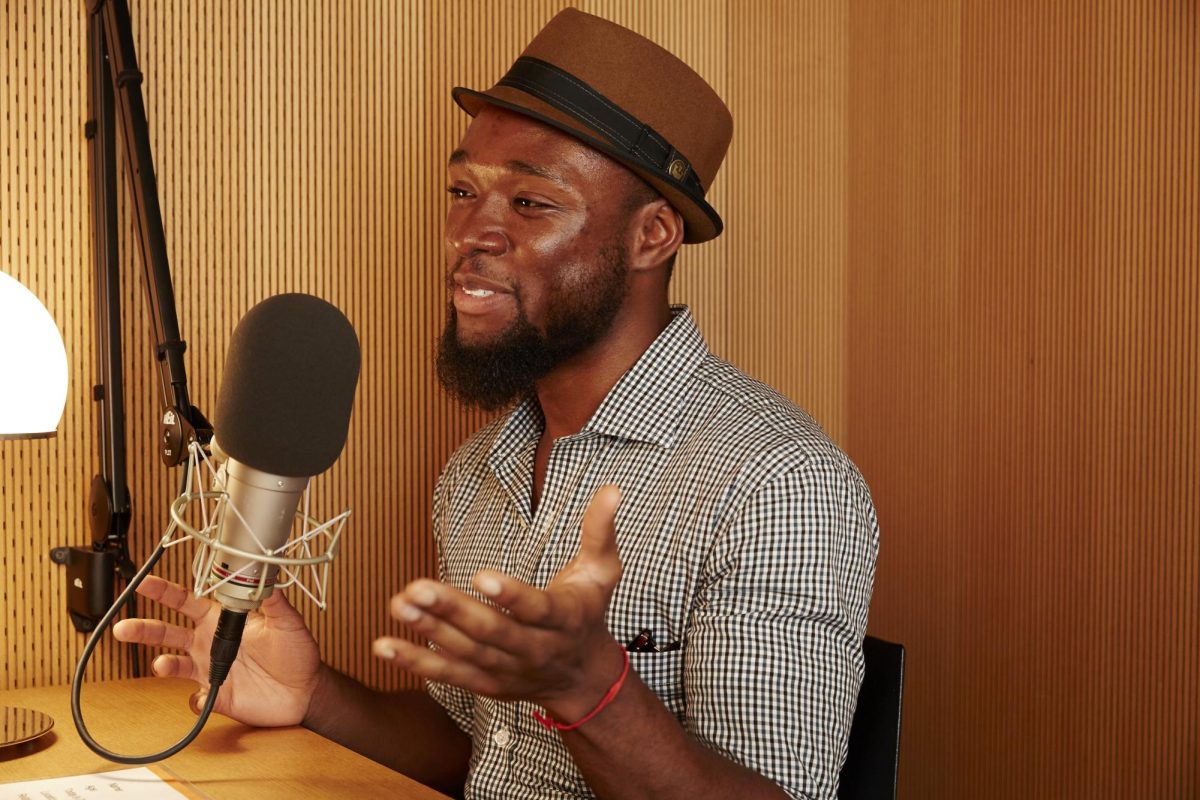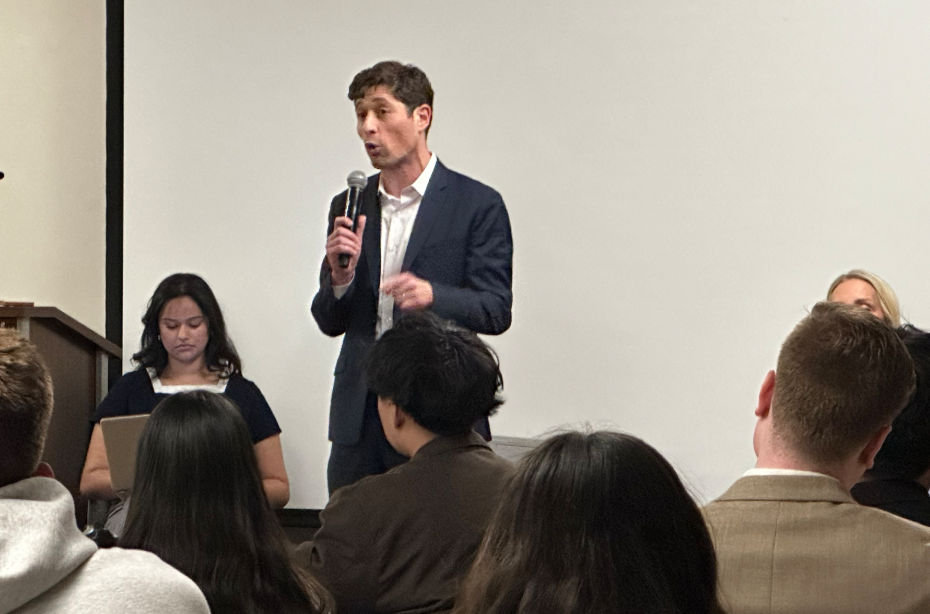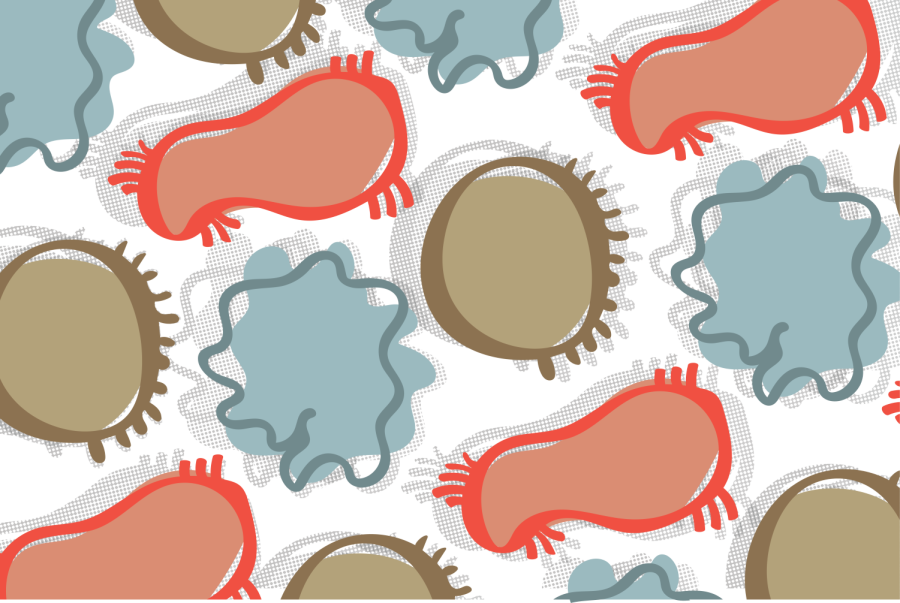The Coalition of Asian American Leaders (CAAL) and the University of Minnesota Center for Urban and Regional Affairs (CURA) released a report last week with qualitative data covering economic wealth within Asian communities in Minnesota.
The report, titled “Redefining Wealth Through Communal & Cultural Assets,” is based on stories from focus groups, interviews and community surveys with 228 Asian Minnesotans. This report includes experiences that provide context to quantitative data contained in CAAL and CURA’s first economic report on Asian Minnesotans, published in 2018 and titled “Invisibility Perpetuated: the Complex Economics of Asian Minnesotans.”
“We want this research to be applicable to the community, that it will be accessible to the community and that it’d be written in a form that communities can use as tools for advocating for themselves,” said KaYing Yang, the CAAL director of programs and partnerships. “But at the same time, to inform policymakers that they understand that there is this community-centered lens.”
Through the Kris Nelson Community-Based Research Program, the two organizations worked together to deepen research by disaggregating data — or breaking down data into subgroups or subpopulations — on Asian Americans, explicitly highlighting the nuances of topics surrounding economic wealth and education.
“[Asian Americans and Pacific Islanders] are not a homogenous group, which is why it is important to disaggregate data, both to unmask the disparities that do exist within the community and provide a more accurate picture of the economic experiences of the population,” the report reads.
Many participants in the report revealed that resource-sharing practices among Asian Minnesotans are standard and appear in different forms. The report also revealed that Asian Indians have nearly four times as much household income as those who are Burmese.
By not adequately reflecting the variation of lived experiences of Minnesota’s Asian communities — from more recent Karen refugees to Asian Minnesotans who have lived in the U.S. for a decade or longer — aggregated data perpetuates the model minority myth, the report read. The model minority is a myth stereotyping Asians as a homogenous group that has overcome adversity and achieved socioeconomic success compared to other racial and ethnic groups.
“We were really making this [research] part of the community so that they could feel heard — because they’re the ones who have lived it, so they are the ones who will know the best about it,” said Kshitiz Karki, a CURA graduate research assistant. “We made sure that their voices are heard, and we did justice to their voices.”
The report includes 11 recommendations, key term definitions and community photos. The partnership between CAAL and CURA began about two years ago, and both organizations plan to continue working together into the future.
“What I … appreciate about CAAL is they really are in alignment with CURA’s mission of producing research for the public good, and that informs public policy,” said Vanessa Voller, coordinator of community-based research at CURA. “All of the research that we’ve done with them has had direct, immediate implications for public policymakers and ultimately the very communities that they serve here in the Twin Cities.”
The report recommends that financial institutions identify and integrate cultural values, such as the shared family obligation for elder care, and cultural assets, like resource-sharing practices.
The report also recommends investing more in affordable multifamily housing.
“People often say, ‘Well, we don’t see Asian people being homeless,’” Yang said. “It’s because we live in multigenerational housing … so you do not see homelessness, but you may see houselessness. That’s the difference between this community.”
The “Invisibility Perpetuated: the Complex Economics of Asian Minnesotans” report defines multigenerational households as at least three generations living in the same home.
Yang said CAAL will work with policymakers, financial institutions and community organizations specializing in economic growth to push for change that includes creating resources tailored to the needs of Asian Minnesotans.















praiseinterracialmarriages
Jan 26, 2021 at 7:52 pm
I will contact Vanessa Voller at CURA to inquire of their interest in doing a similar study as the one mentioned above, but on the mental health community. It is a myth that people with mental illnesses are stupid or unable to use their minds and bodies to work. The problem we have faced is ostracization and physical abuse from people who are not enlightened, and who think of folks with mental health conditions, which are not at the level of invalid status, as insects and lesser-humans.
I see a lot done in the community on behalf of racial minorities. Racial minorities have it good compared to the type of treatment and respect often adversely affecting people with mental illnesses due to labels.
Please do not use the term “The Mentally Ill” to describe us. We come from all backgrounds and have more going for us than to define a person or a group in such an ignorant and offensive manner.
U.S. Presidents Jefferson, Lincoln, Coolidge, Eisenhower, Kennedy, Reagan, and many believe Trump, experienced mental health and developmental disorders. The difference was that the stigma was either not so strong, or these individuals were able to keep their conditions under wraps.
I was appointed to the Hennepin County Adult Mental Health Advisory Council, and served in that capacity from March 2012 to March 2015. We directly reported to the Hennepin County Board of Commissioners and indirectly to the Office of the Governor of Minnesota, then Mark Dayton. I still write and casually speak on this topic in Minnesota.
Having come from an affluent family of medical, legal and engineering professionals, and having friends and acquaintances who are owners and heirs to businesses operating in the tens of millions to the tens of billions of dollars, I have experienced a real hit on my opportunities to live in peace and enjoy an education which could have merited exceptionally high grades were I not beaten on campus or denied service by police and the MN Department of Human Rights on the basis of my disability. Attorneys have not come to my aid in thirty years.
CURA may be of value in righting the wrongs of the myth of sickliness of all people with mental illnesses.
Barry N. Peterson
Former Gifted De La Salle High School Honors Student
who attended Hubert H. Humphrey School of Public Affairs
University of Minnesota, CLA Class of 1996
Minneapolis, MN